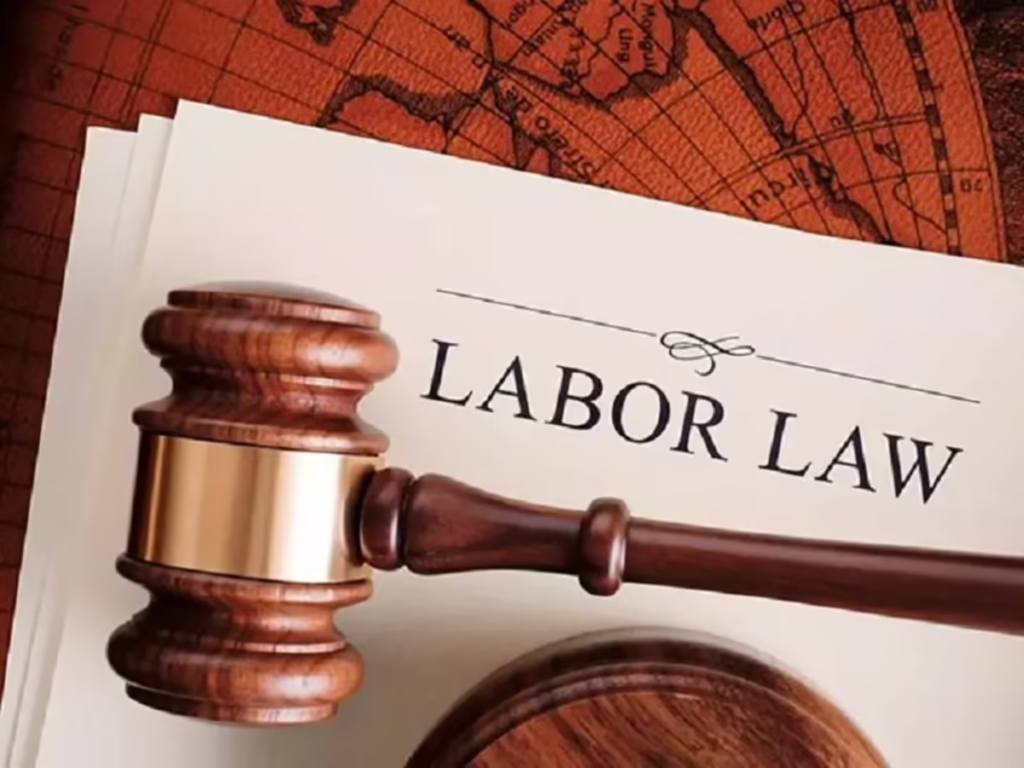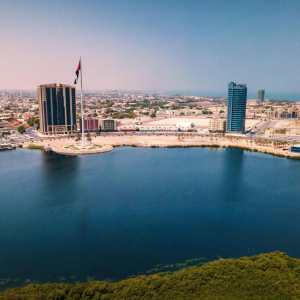Understanding the Legal Landscape for Expats
Dubai, with its skyline of opportunity and vibrant economy, is a global hub attracting millions of expatriates every year. From hospitality and construction to tech and finance, expat workers form the backbone of the workforce. But what many often overlook in the excitement of a new job and life is understanding their rights under the UAE’s labor laws.
Whether you’re just moving to Dubai or have been here for years, knowing the legal protections in place is more than useful—it’s empowering. These laws not only ensure fair treatment but also provide security in times of uncertainty.

The Contract: Your First Shield
Every expat worker in Dubai must have a legal employment contract. This contract outlines your job title, duties, working hours, salary, benefits, and the length of your employment. It must be in both Arabic and your native language, ensuring transparency and clarity.

The contract is your safety net. If a company fails to pay on time, reduces your salary unfairly, or changes your role without consent, the contract stands as proof of your original agreement. It is the most powerful tool you have to protect your rights.

Working Hours and Overtime Regulations
For most expat employees, the maximum working hours are eight hours per day or 48 hours per week. During Ramadan, these hours are reduced. If you’re asked to work beyond these hours, you are entitled to overtime pay, usually calculated as 125% of your normal hourly rate—or even 150% if the work is done between 9 PM and 4 AM.
Employers are expected to respect these limits, and workers have every right to question any unreasonable or unpaid overtime. Breaks, weekly off-days, and paid leaves are also part of this structure, ensuring work-life balance is not just a concept, but a right.
Wages and Payment Security
Dubai has introduced the Wages Protection System (WPS), which mandates that salaries be paid electronically and on time. Employers registered under WPS must process salary payments through approved banks and financial institutions. This adds a layer of accountability and ensures that workers are not left waiting for their wages.
Late salary? It’s not just unfair—it’s illegal. Workers can file a complaint with the Ministry of Human Resources and Emiratisation (MOHRE) if payment is delayed or inconsistent.
Leave Entitlements: Annual, Sick, and Maternity
Expat workers are entitled to annual paid leave of at least 30 days after one year of service. If you’ve worked less than a year, leave is calculated proportionally. This right helps ensure you can rest, recharge, and maintain your wellbeing.
Sick leave can go up to 90 days per year, with a structured pay scale: full pay for the first 15 days, half pay for the next 30, and no pay thereafter. The catch? You need a valid medical certificate from an approved health authority.
For female employees, maternity leave is another crucial protection. Women are entitled to 60 days of maternity leave—45 days at full pay and 15 days at half pay. There’s also provision for additional unpaid leave if needed, showing how the law tries to support working mothers.

End of Service Gratuity: Your Long-Term Reward
End-of-service gratuity is one of the most appreciated benefits in the UAE labor system. It acts like a retirement bonus or a farewell gift. After one year of continuous service, expat workers become eligible for a lump sum payment based on their last basic salary.
The standard calculation is 21 days’ salary for each of the first five years, and 30 days for every year thereafter. However, if the worker resigns before completing five years, the amount may be reduced. It’s important to understand these rules, so you’re not caught off guard when leaving your job.
Termination and Resignation Rules
Dubai’s labor laws aim to protect both employers and employees in cases of termination. If an employer decides to terminate a contract, they must provide at least 30 days’ notice, unless the worker has committed a serious violation. Similarly, if a worker resigns, they must also provide notice according to the contract.
Wrongful termination? Workers can file complaints with MOHRE, and employers found guilty may be fined or forced to compensate. This legal cushion prevents arbitrary dismissals and promotes workplace fairness.
Visa and Sponsorship Matters
All expat workers in Dubai require a residence visa and work permit. These are typically arranged by the employer, who becomes the official sponsor. It’s illegal to work without these documents.
The sponsorship system places responsibility on the employer to handle legal documentation, renew visas, and ensure workers are legally employed. However, this also means workers are closely tied to their sponsors, which can become problematic if disputes arise. Thankfully, new reforms have aimed to reduce over-dependence on employers by allowing easier job transitions without needing a no-objection certificate (NOC).
Protection Against Discrimination and Harassment
Dubai is becoming more vocal about workplace equality. New labor laws now prohibit discrimination based on race, gender, religion, or disability. Employers cannot use these factors to deny you a job, promotion, or equal pay.
Sexual harassment and verbal abuse are also considered serious violations. Employees are encouraged to report such issues, and legal channels exist to ensure swift action. The city wants its workforce to feel safe, respected, and heard.

Dispute Resolution: Help Is Available
If you ever feel that your rights are being violated, don’t suffer in silence. The MOHRE offers various platforms where employees can file complaints. Whether it’s a salary issue, unfair termination, or breach of contract, the legal framework supports you.
There are also labor courts and dispute resolution centers to help resolve matters fairly. Many cases are settled amicably without going to court, thanks to dedicated mediation services.
Recent Reforms You Should Know
Dubai continues to update and reform its labor policies to make the city more attractive and fair for global talent. One of the biggest changes was the shift from unlimited contracts to fixed-term contracts, bringing more clarity to employment durations.
Other notable reforms include enhanced parental leaves, part-time work flexibility, and freelance permits, especially in sectors like tech, media, and education. These changes reflect Dubai’s aim to modernize its workforce and empower professionals from all walks of life.
Your Responsibilities as an Expat Worker
While the law is on your side, it’s also important to understand your responsibilities. This includes honoring your contract, respecting local customs and regulations, and maintaining valid legal documents.
Your employer expects professionalism and commitment—just as you expect fairness and security. A mutual understanding leads to a better work environment for everyone.

Final Thoughts: Knowledge Is Your Power
Living and working in Dubai can be a life-changing experience. The city offers opportunities, diversity, and a high quality of life—but only if you are informed and prepared.
Understanding labor laws isn’t just for when something goes wrong. It’s about building confidence, knowing your rights, and standing tall in your career journey. These laws exist to empower you, protect you, and ensure your Dubai story is one of growth, not struggle.
As an expat, you’re more than just a worker—you’re a vital part of the city’s heartbeat. With the right knowledge and awareness, you can ensure your time in Dubai is not only successful but also secure and fulfilling.
Do follow UAE Stories on Instagram













